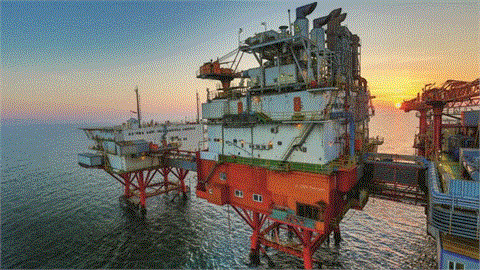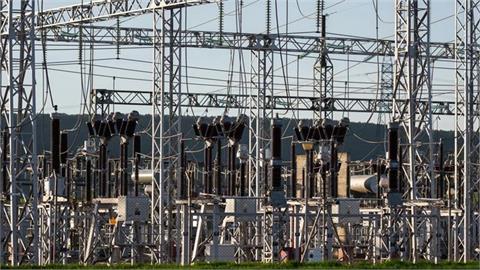Turkish negotiators held preliminary talks with China on building Turkey's third nuclear power plant, but the talks have yet to yield any firm results, a government official has said.
Briefing lawmakers at the parliamentary Foreign Affairs Commission where an intergovernmental agreement on cooperation in nuclear energy between Turkey and China was debated, Energy Ministry Deputy Undersecretary Sefa Sadık Aytekin said the government had talks with a Chinese company about potentially building a nuclear power plant in Turkey.
"This was a preliminary meeting. No agreement could be reached for the moment,” he said, praising China's experience in nuclear energy. He said China has 27 active nuclear power plants and is building an additional 24 units.
"There [has been] no significant nuclear accident in China so far,” he said, stressing that Beijing is meeting 2.5 percent of its electricity demands from nuclear power and aiming to increase the share to 6 percent by 2020.
Turkey previously had talks with China when the second power plant in the Black Sea province of Sinop was being considered, but China was eliminated when the government finally decided to go with a French-Japanese consortium.
The Japanese Mitsubishi Heavy Industries Ltd. and France's Areva SA won an order to build Turkey's second nuclear power plant, a project expected to cost around $22 billion.
Ahmet Akın, a deputy from the main opposition Republican People's Party (CHP), questioned China's credibility in building nuclear power plants, saying that many countries aspiring to acquire nuclear energy remain distant to China's overtures.
Akın, who is also chief energy consultant to CHP leader Kemal Kılıçdaroğlu, asked why there was a secret clause in the agreement on the cooperation for peaceful usage of nuclear energy between the two countries that was signed with China in Beijing on April 9, 2002.
According to Article 6 of the agreement, both countries pledge to not share any confidential information with third parties.
Aytekin said the confidentiality clause in the agreement entails issues such as sensitive trade data or nuclear information that neither side wants to share with third parties.
He also blamed the delay on the approval of the agreement with China on Turkish bureaucracy.
Murat Salim Esenli, the deputy undersecretary of the Foreign Ministry, told the commission that China has already finalized the approval process for the agreement.
He said Turkey's Foreign Affairs Commission voted for the approval of the agreement before, on Aug. 1, 2012, but the deal was never approved by Parliament's General Assembly.
The agreement was again submitted to Parliament by the government on Dec. 2, 2015, and the Foreign Affairs Commission approved it on Feb. 18, 2016. It is not clear when Parliament will put the agreement to the vote on the floor.
Turkey reached a deal with Russia in 2010 to build the first nuclear power plant in Mersin's Akkuyu district for $20 billion.
But the recent tension with Russia after the downing of a Russian SU-24 on the Syrian border on Nov. 24 raised questions over whether Russia would move forward with the plant's construction.
Aytekin said the project in Mersin is very close to the construction phase. He added that Russia's state-owned Rosatom and other Russian companies involved in the project have been working fast on licensing issues with the Energy Market Regulatory Agency (EPDK) and the Turkish Atomic Energy Agency (TAEK).
"The construction on building a port has already started,” he noted.
On the impact of recent tension with Russia on the project, the government official declined to comment, saying it was a political matter rather than a technical one.
"That remains to be seen,” Aytekin remarked.
On the second plant in Sinop, Aytekin said the agreement was approved by Parliament last year and that a two-year feasibility study is currently being conducted by a consortium comprising Mitsubishi, Hitachi, French EDF Group and the Turkish Electricity Generation Corporation (EÜAŞ).
"If the feasibility studies turn out to be positive, the construction phase will begin,” Aytekin underlined.
He also revealed that the government offered the purchase guarantee of 12.35 cents per kilowatt hour (kwh) for Mersin Akkuyu for half of the electricity produced by the power plant during the lifetime of the project. The purchase guarantee for the Sinop plant is 11.80 cents, but covers all the electricity produced by the plant.
(www.todayszaman.com)



